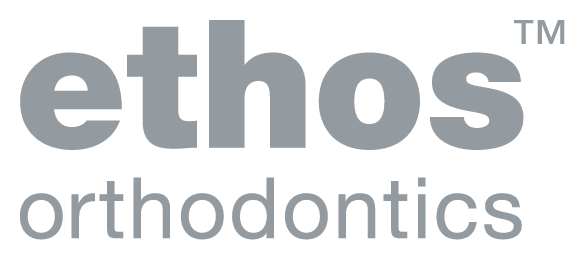What is obstructive sleep apnoea?
Obstructive Sleep Apnoea (OSA) is a condition that causes the walls of the throat to close during sleep, which causes breathing to stop for at least 10 seconds. Typically, once the brain realises breathing has stopped it triggers a ‘distress signal’, the sleeper wakes up and the throat opens again. This condition can range from mild to severe (throat closure up to 100 times in a night), and often the person affected by sleep apnoea doesn’t even realise they’ve woken during the night. However, the decreased oxygen intake means vital organs and the nervous system aren’t getting the required rest and oxygenation, which can lead to exhaustion during the day.
Sleep apnoea symptoms
Sleep apnoea can be a little tricky to detect, depending on the severity of the condition. Symptoms also differ for children and adults. We’ve included a list below of some common symptoms to keep an eye on, prior to seeking professional advice:
Child Symptoms
- Tiredness and lethargy
- Breathing through the mouth
- Changes in mood or irritability
- Behavioural problems/changes
- Performance dropping at school
- Growth or developmental problems
Adult Symptoms
- Snoring
- Tiredness and lethargy
- Difficulty concentrating
- Irritability
- Breathing problems
- Sleepiness during the day
- Tiredness/falling asleep when driving
If you or your child is experiencing any of the above symptoms, it’s important to get a specialist’s opinion. E.N.T surgeons and sleep specialists are the only qualified professionals able to diagnose and properly treat sleep apnoea.
Sleep apnoea treatment options
If a child has even a few apnoea events, both the immediate effects and condition itself can have serious development implications. Children with deep overbite and ja discrepancies can be prone to sleep apnoea. The good news is, while the jawbones are still growing it is possible to manipulate the jaw development and correct the bite – often achieved by wearing plates or braces and elastics.
On the other hand, treatment for adult sleep apnoea or snoring can include the use of a night time tongue stabilizing device, stopping the tongue from blocking the airway, or night splints, which bring the lower jaw forward and reduce soft tissue collapse.
OSA is a progressive sleep disorder that intensifies with age, which means it’s better to address the condition as early as possible.
How we can help
If you believe you or your child is suffering from sleep apnoea, our experienced team of Orthodontists work with highly experienced sleep surgeons and E.N.T specialists to ensure the right treatment is chosen, depending on the severity of the condition.
Please get in touch or call us on (07) 3349 5200 if you’d like to speak with one of our Orthodontists about treating your sleep apnoea.




